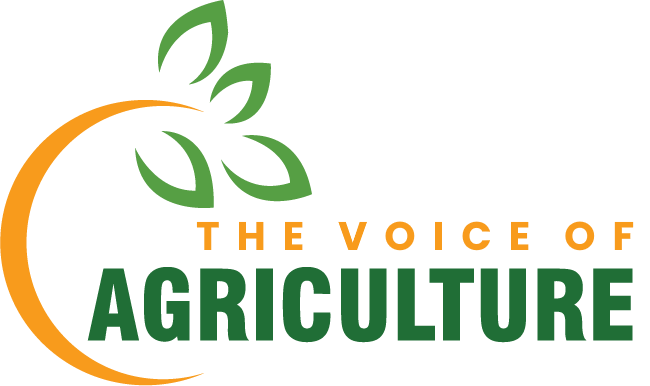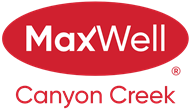Investing In Canadian Farmland
Are YOU Ready to Invest in Farmland?
You are looking for a stable and secure investment.
You want to diversify your business portfolio.
Invest in farmland and enjoy in returns for decades.
Book call with our expert team and we will make your dream come true.

Investing in Farmland
Invest in Canada Farmland
Many investors have found that investing in farmland has been a wise decision over the years. Farmland can be purchased at an affordable price but still provide significant income if it is managed well.
Canada has a stable history of farmland appreciation. The reason is that farmers are appreciated in countries with a regular rule of law and available water, and Canada is just that country.
With nearly 300,000 people employed directly and contributing 5% of Canada's GDP, agriculture is one of the largest industries in the nation. The size and significance of Canadian agriculture and related industries will increase along with the global population.

Farmland is the best investment for all of you who want to make money without taking too much risk.
How to invest in Farmland?
First and foremost, you need a reliable and knowledgeable partner, and Voice of Agriculture is exactly that. We are a team of investment experts with a carefully screened network of investors and farmland owners.
We'll try to show the investment process for you in the following few steps.
Why Invest with Voice of Agriculture?

Direct private investment opportunities into legacy lands
Deep care and interest in preserving Alberta's most pristine lands in their agricultural state
Access to fully managed and vetted operators.
We make land ownership simple and advantageous.
Decades of experience in tax planning, succession, farm operations, and risk management.
As property values rise, we can move you into new properties or help you sell.


